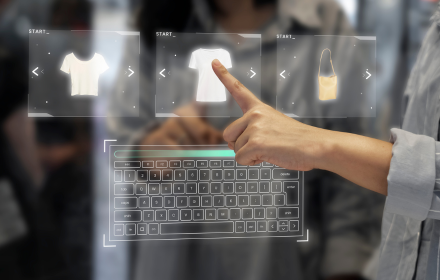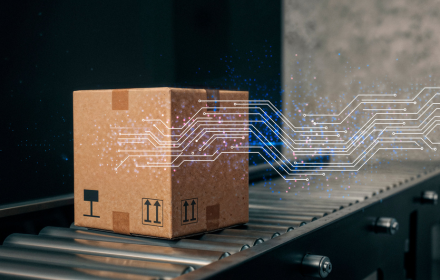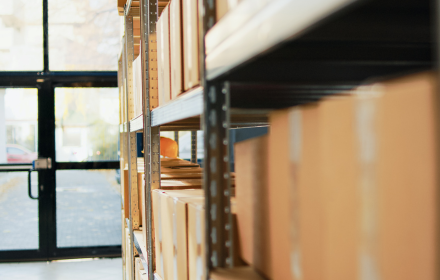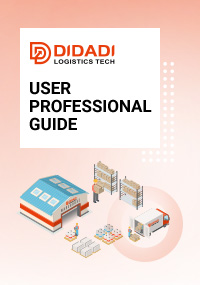Finding Chinese Suppliers for Shopify Dropshipping

Shopify has revolutionized the way entrepreneurs launch e-commerce stores. With a few clicks, anyone can build a professional online shop, integrate payment systems, and start selling globally. But for dropshipping sellers, the real question is not how to build a Shopify store — it’s how to find the right Chinese suppliers to deliver products reliably to customers.
China remains the largest manufacturing hub in the world, producing everything from electronics and apparel to home goods and lifestyle accessories. For Shopify entrepreneurs, sourcing from China offers:
Low costs compared to Western suppliers.
A huge variety of product categories.
Flexibility for small-batch or custom orders.
Proximity to logistics networks serving global markets.
Yet, many beginners make the mistake of thinking finding a supplier is as simple as scrolling through Alibaba and clicking “Order.” In reality, the difference between a thriving Shopify dropshipping brand and a struggling one often comes down to choosing suppliers wisely and partnering with the right logistics provider.
This guide explores how to find and evaluate Chinese suppliers for Shopify dropshipping, and why working with a China 3PL like DIDADI Logistics can help you scale confidently.
Shopify dropshipping works on a simple principle:
You set up an online store and market products.
Customers place orders on your Shopify site.
Instead of shipping items yourself, your supplier (or logistics partner) fulfills the order directly to your customer.
The model reduces upfront investment and inventory risk. But success depends on your supply chain — slow shipping, poor product quality, or inconsistent packaging can destroy your store’s reputation overnight. That’s why finding dependable Chinese suppliers is step one for serious dropshippers.
There are multiple ways to source products from China. Each channel has its pros and cons.
Alibaba.com
Best for: Beginners, global access.
Pros: Huge product catalog, verified suppliers, secure payment system (Trade Assurance).
Cons: Many middlemen and trading companies; prices may not be the lowest.
1688.com
Best for: Sourcing at domestic Chinese prices.
Pros: Lower costs than Alibaba, direct factory listings.
Cons: Primarily Chinese-language; often requires a local agent or 3PL partner.
Global Sources
Best for: Electronics, gadgets, and high-tech products.
Pros: Professional supplier base, often factory-direct.
Cons: Narrower range than Alibaba.
Made-in-China.com
Best for: Broad product categories, industrial and consumer goods.
Pros: Long-standing B2B platform with verified suppliers.
Cons: Requires careful vetting to separate trading companies from factories.
Trade Fairs (Canton Fair, Yiwu Market)
Best for: Building long-term supplier relationships.
Pros: Face-to-face negotiations, hands-on product evaluation.
Cons: Requires travel and upfront investment.
Not all suppliers are created equal. Before committing, consider these criteria:
Business license & certifications: Ask for proof of legitimacy.
Years in business: Established suppliers are usually more reliable.
Factory vs. trading company: Factories produce, traders resell. Both have pros and cons.
Communication speed: Delays in replies often signal poor after-sales support.
Sample quality: Always order samples before listing products in your Shopify store.
MOQ (Minimum Order Quantity): Factories may have higher MOQs; trading companies may allow smaller test orders.
Payment terms: Use escrow systems (like Alibaba Trade Assurance) when possible.
A professional supplier should welcome your due diligence — hesitation is a red flag.
Chasing only the lowest price: Ultra-cheap often equals poor quality.
Skipping samples: What you see in photos may not match reality.
Not clarifying packaging: Generic packaging hurts brand image.
Over-relying on one supplier: Always diversify to reduce risk.
Ignoring logistics early: Suppliers may ship slowly, affecting customer satisfaction.
Even with great suppliers, Shopify sellers face logistics challenges: long shipping times, inconsistent product packaging, and customs delays. This is where a China-based Third-Party Logistics (3PL) provider becomes a game-changer.
What a China 3PL Can Do:
Warehousing: Store your products near Chinese manufacturing hubs.
Consolidation: Combine items from multiple suppliers into single shipments.
Quality inspection: Catch issues before products leave China.
Custom packaging: Add branded boxes, inserts, or labels.
Direct-to-customer shipping: Faster and cheaper than supplier-direct shipping.
Returns management: Handle defective or returned products locally.
By using a China 3PL, Shopify dropshippers gain control similar to Amazon sellers using FBA — without giving up brand ownership.
DIDADI Logistics is a China-based 3PL specializing in supporting Shopify and cross-border e-commerce sellers.
How DIDADI Helps Shopify Stores:
Supplier Coordination: Work with multiple factories, consolidate shipments.
Inventory Management: Keep stock in Chinese warehouses for faster fulfillment.
Branded Packaging: Transform generic products into branded experiences.
Hybrid Shipping Solutions: Offer both cost-effective and express delivery options.
Customs Compliance: Smooth clearance for shipments to the U.S., Canada, Europe, and beyond.
Example Scenarios:
A U.S. Shopify home décor brand partnered with DIDADI to unify sourcing from three factories, cutting delivery times by 40%.
A European fitness startup used DIDADI’s branded packaging services to elevate its customer unboxing experience, boosting repeat sales.
A Canadian gadget store avoided customs delays by leveraging DIDADI’s compliance expertise.
For Shopify sellers, DIDADI provides not just logistics, but an extension of your operations in China.
Success in dropshipping isn’t about one-time wins; it’s about building reliable, long-term partnerships.
Tips for lasting relationships:
Pay on time: Builds trust and priority treatment.
Communicate clearly: Provide detailed requirements (packaging, branding, timelines).
Start small, scale gradually: Earn supplier confidence before scaling orders.
Leverage your 3PL: Let your logistics partner handle the complexity of supplier coordination.
Finding Chinese suppliers is one of the most critical steps in building a profitable Shopify dropshipping store. Platforms like Alibaba and 1688 make sourcing easier than ever, but success requires careful vetting, strong communication, and reliable logistics.
That’s why many Shopify entrepreneurs choose to partner with a China 3PL like DIDADI Logistics — to bridge the gap between factories and global customers, ensuring consistent quality, faster shipping, and scalable operations.
In e-commerce, marketing may bring customers to your Shopify store, but supplier relationships and logistics keep them coming back.
Recommended Reading















